People of Waimakariri
Here are some sources you could look at if you'd like to find out about individual people or groups of people from the Waimakariri District.
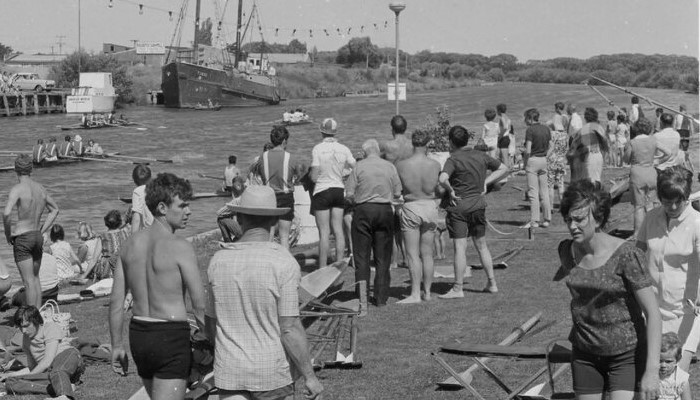
Image: Regatta at Kaiapoi, 1969. Collection. Waimakariri Heritage, Fairfax Archives.
Which people can I learn about?
Here are some people related to Waimakariri you could find out about:
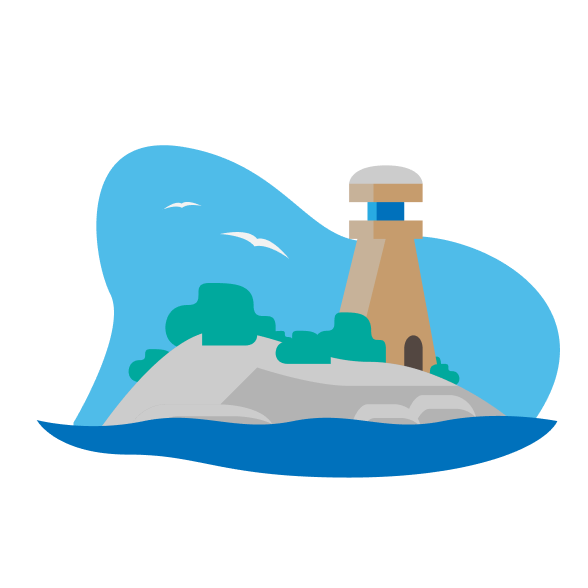
Charles Torlesse (1825-1866)
Surveyor & Early Settler.
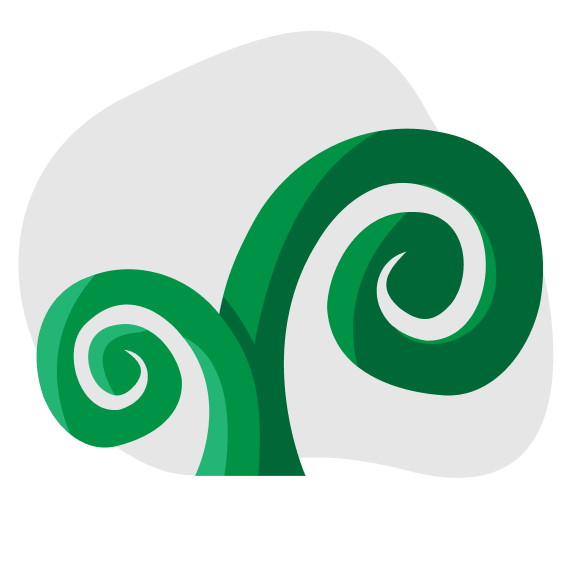
Ursula Bethell (1874-1945)
Poet.
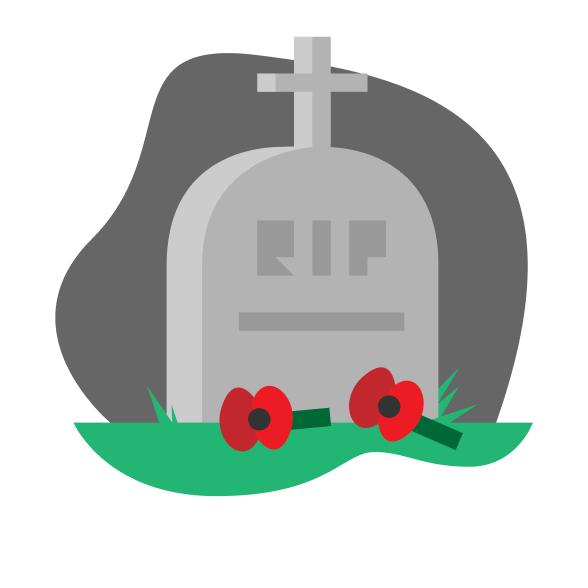
Howard Kippenberger (1897-1957)
Military Leader.
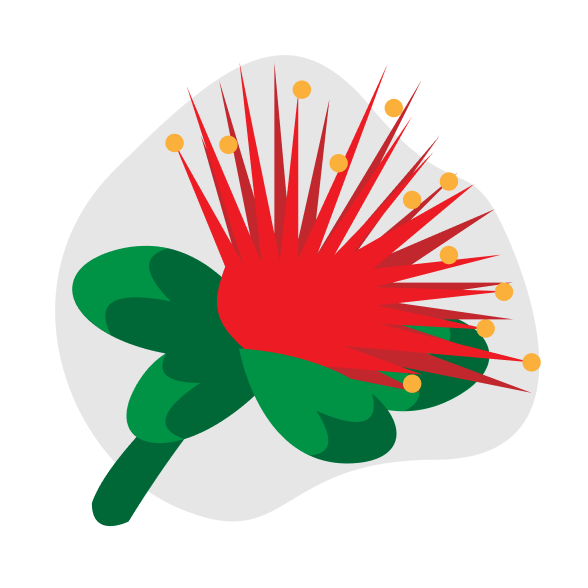
Dame Aroha Reriti-Crofts (1938-2022)
Community, Health & Women's Advocate.

28th Māori Battalion
A group of soldiers who served during World War 2.
Tips: These are just some examples of people you could research. You may have someone different you're interested in finding out about. Just use their name as your search terms in the resources below.
Local iwi:
Note: Iwi are listed in alphabetical order. This list was put together to the best of our knowledge. If there are any other iwi to be included, please let us know.
Waimakariri resources
Here are some sources you could look at if you'd like to find out about individual people or groups of people from the Waimakariri District.
Waimakariri Heritage
This site has photos, audio recordings, books and documents that share the history of the Waimakariri District.
Select Search to find information on a specific person.
Browse All then filter by Item type then books to find information on local people.
Select the title and then search within that book.
Or go to the People tab to browse historical figures and more.
Waimakariri Libraries
The collections from Waimakariri Libraries have information about European settlers and early Ngāi Tūāhuriri.
Select the Heritage tab and choose Local History.
Then choose People of the Waimakariri.
Choose a heading to find links to stories about different people including tāngata whenua, European settlers, mayors, and women.
Tips: We like sites like this because they’re reliable. You can tell because of their web address – they have either .govt or .ac, meaning they are from government or educational organisations. They’re also New Zealand sites, so relevant for us.
Ngāi Tahu
This is the website of Ngāi Tahu. It has information about the history of the iwi.
Go to Ngāi Tahu, then History to explore Ngāi Tahu history and stories.
Go to the Opportunities & Resources tab and Resources to explore Ngāi Tahu culture such as traditional food gathering and art.
Tips: Some websites have .iwi in their url. This tells you that the website belongs to an iwi and likely has Māori knowledge (mātauranga Māori).
Kareao
The Ngāi Tahu Archive which is made up of collections of tribal significance. This includes maps, photographs, biographies and audio-visual material.
Enter a name or keyword into the search bar.
Select an item to find out more.
Or go to Biographies to browse.
Choose a person and then find Click to read this document.
Kaiapoi Museum
Kaiapoi Museum used to be housed in the old Kaiapoi Court House, which was demolished after the 4th September 2010 earthquake. It reopened in the Ruataniwha Civic Centre on the 5th September 2015. The collection includes information about Kaiapoi Town and the surrounding districts.
Contact or visit the museum for more information on their collections.
Entry is free. Donations appreciated.
Address: 176 Williams Street.
Look on the page for opening hours.
Rangiora Museum
The Museum has become a storage place for family histories, documents and photographs relating to people who settled in the area. It has information about the history of Rangiora families, Rangiora and neighbouring districts.
Contact or visit the museum for more information on their collections.
Free entry. Donations appreciated.
Look down the page for Location and Hours to plan your visit.
Oxford Museum
Oxford Museum's displays are about sawmilling, farming and general home-life of the early settlers. It has a working model electric railway layout showing how Oxford township looked in the days before the rails and stations were removed.
Contact or visit the museum for more information on their collections. Free entry. Donations appreciated.
Look down the page for location and opening hours.
Kowai Archives
The collection covers the area between the Ashley and Waipara Rivers, and the sea and Mt Grey. It includes photos, school rolls, newspaper clippings and more.
1091 Upper Sefton Road, Balcairn.
Read about the Kowai Archives to find out their opening hours and any costs.
Tips: Stories can be told in different ways. It’s a good idea to look at multiple information sources about a topic to help you put together your own narrative.
General New Zealand resources
These websites have good information about the history of the Waimakariri District.
Te Ara: The Encyclopedia of New Zealand
Te Ara is an excellent starting point for all questions about Aotearoa New Zealand. If we look down to the bottom of the page, we can see that the website belongs to the Ministry for Culture & Heritage, so the information is well-researched and reliable.
Search for the name of a person or group of people.
Select an article to read.
Tips: It is not always OK to use photos and images you've found on a website. Before you use them it's important to check whether you are allowed by looking at the usage rights.
Dictionary of New Zealand Biography (DNZB)
This website has over 3,000 biographies of New Zealanders who have made their mark on this country. It does not include people who are alive. This site includes around 500 biographies that are in te reo Māori.
Use the names of the people as search words to read about their lives and what they achieved, or
you can do an Advanced Biographies Search which allows you to narrow down your search by region.
NZ History
NZ History is another great website from the Ministry for Culture & Heritage. It has lots of history about events, people and places in Aotearoa New Zealand.
Search for name of a person or group of people.
Select an article to read.
Tips: We like sites like this because they’re reliable. You can tell because of their web address – they have either .govt or .ac, meaning they are from government or educational organisations. They’re also New Zealand sites, so relevant for us.
DigitalNZ
DigitalNZ allows you to search a variety of New Zealand libraries, museums, galleries, government departments, and media all in a single search.
Enter the name or a person or group of people in the search box.
You will find collections of images, videos, audio and more.
Or you can use a more specific keyword like the name of a person, place, or event.
Choose something to have a closer look.
You may then need to select View original item.
Tips: Search words, or keywords, are the most important words in our question. Usually it’s better to leave out small words like ‘the’, ‘a’ and ‘of’ and just choose the main ones, eg early settlers. We can always change our keywords or add more if we need to.
Papers Past
You can read newspaper articles from the early days of European settlement on Papers Past, a website for digitised New Zealand newspapers including the North Canterbury Gazette and The Oxford Observer.
Go to the tab called Newspapers.
Explore newspapers By Region and choose a region eg Canterbury.
A list of the newspapers will appear alphabetically showing dates of publication from First year to Last year eg Oxford Observer started in 1889.
You can search for a person's name to find articles about them.
Tips: Papers Past has other useful sections. Explore Magazines and journals, Letters and Diaries, and Parliamentary Papers for different types of primary sources.
New Zealand Electronic Text Collection
This is part of the Victoria University of Wellington Library. Here you will find lots of history books from their library that you can read online.
Go to browse collection.
Select New Zealand History.
Enter in the search box a person, place or event you'd like to know more about.
This will bring up links to where information about that person, place or event can be found in the collection.
Tips: Historical sources, eg books, can be useful for finding different perspectives on a topic. Keep in mind that they may not fairly show a wide range of views or experiences.
28th Māori Battalion
Launched in 2009 by the Ministry of Arts, Culture and Heritage this site is a record of honour and information about the Māori Battalion's contribution to Aotearoa New Zealand in World War One and World War Two.
To learn more about the history of the 28th Māori Battalion navigate to Story of the 28th.
You can search the Battalion roll using the search box on the homepage.
You can also browse the roll. Soldiers are listed alphabetically by surname.
Books
Here are a few books about the history of the Waimakariri District for you to look for at your school or local library. Your local librarian is a great person to ask for the best books about your local area.
Beyond the Waimakariri : a regional history by D. N. Hawkins
Tāngata Ngāi Tahu = People of Ngāi Tahu (Volume one and Volume two) edited by Helen Brown
Kaiapohia : the story of a siege by James West Stack
Rangiora : the passing years and people in a Canterbury country town by D. N. Hawkins
Kaiapoi : a search for identity by Pauline J Wood
Oxford : the first hundred years by Oliver A. Gillespie
Tips: Stories can be told in different ways. It’s a good idea to look at multiple information sources about a topic to help you put together your own narrative.
SCIS no: 5496548
More about Waimakariri
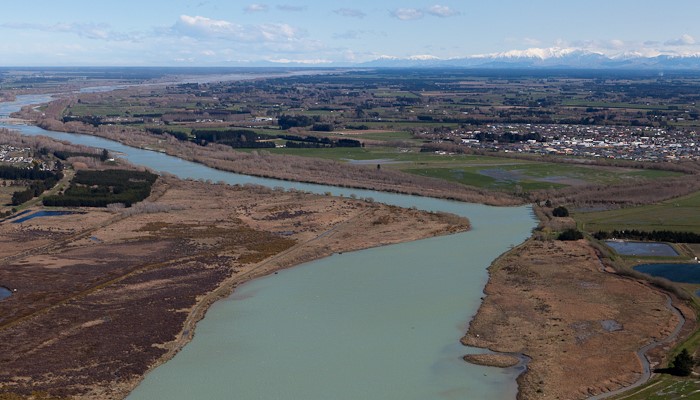
Places of Waimakariri
There are many places that are significant to the Waimakariri District. Here are some sources you could look at if you'd like to find out about them.
Learn about places of Waimakariri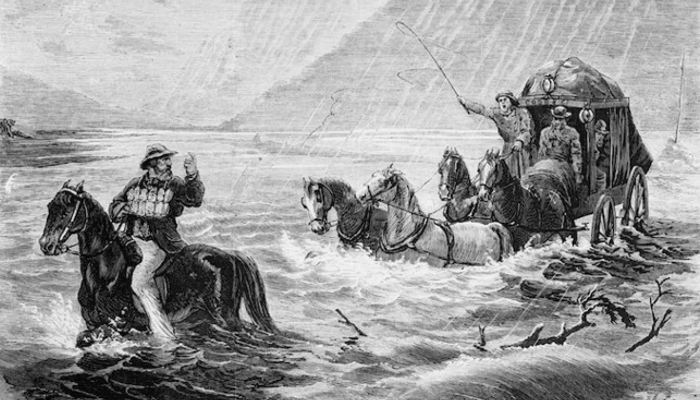
Events of Waimakariri
Lots of events have shaped the Waimakariri District as it is today. Here are some sources you could look at if you'd like to find out about these events.
Learn about events of Waimakariri
